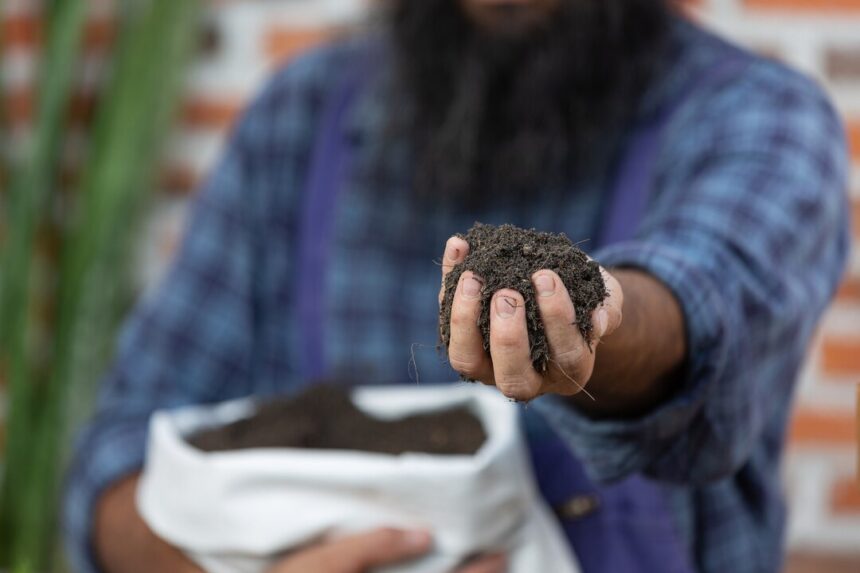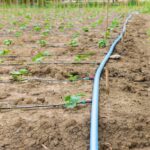In South Africa, where sustainable farming and gardening are gaining importance, making your own organic fertilizer is an eco-friendly and cost-effective way to nourish plants while reducing dependence on chemical products. Organic fertilizers enhance soil health, support beneficial microbes, and provide essential nutrients in a natural, slow-release form. Creating your own fertilizer at home or on a small farm is not only economical but also makes use of locally available materials.
The best organic fertilizers come from a balanced mix of “green” and “brown” materials. Green materials are rich in nitrogen, while brown materials supply carbon. Common green materials found in South Africa include kitchen vegetable scraps, fresh grass clippings, manure from cows, chickens, goats, or sheep, green leaves, and weeds (provided they haven’t seeded). Brown materials include dry leaves, straw, sawdust, wood chips, shredded paper or cardboard, and dry plant stalks. Manure is especially valuable as it adds nutrients and beneficial microbes, though it should be well-composted to avoid harming plants.
To start, choose a well-drained, shady spot for your compost—this can be a bin, heap, or wooden frame. Begin with a layer of coarse brown materials like twigs or straw to allow airflow, then alternate layers of green and brown materials, aiming for roughly two parts brown to one part green. This balance accelerates decomposition. Keep the compost moist, like a wrung-out sponge; too dry slows the process, while too wet causes bad odors. Turning the pile every one to two weeks aerates it and speeds up breakdown. Depending on conditions, compost will be ready in two to six months, identifiable by its dark, crumbly texture and earthy smell.
Once the compost is ready, it can be used directly in garden beds or mixed with soil when planting. It improves soil structure, increases moisture retention, and supplies nutrients such as nitrogen, phosphorus, and potassium gradually. This organic fertilizer is safe for vegetables, fruit trees, flowers, and lawns.
For gardeners in South Africa, using mulch on top of compost-enriched soil helps retain moisture, especially in water-scarce areas. If manure is scarce, nitrogen-rich alternatives like legumes (beans or cowpeas) that fix nitrogen in the soil can be planted. It’s important to avoid adding meat, dairy, or oily foods to compost to prevent pests. Agricultural extension offices across the country often provide workshops on composting and organic farming practices.
Beyond cost savings, making organic fertilizer promotes healthier ecosystems, reduces pollution from chemical fertilizers, and enhances resilience against drought and soil degradation. It recycles waste that might otherwise end up in landfills, contributing to sustainable food production and healthier plants.
In summary, making your own organic fertilizer in South Africa is accessible, sustainable, and highly beneficial. With simple materials and patience, you can create a nutrient-rich soil amendment that improves yields and supports the environment.
Join 'Farmers Mag' WhatsApp Channel
Get the latest Farming news and tips delivered straight to your WhatsApp
CLICK HERE TO JOIN






